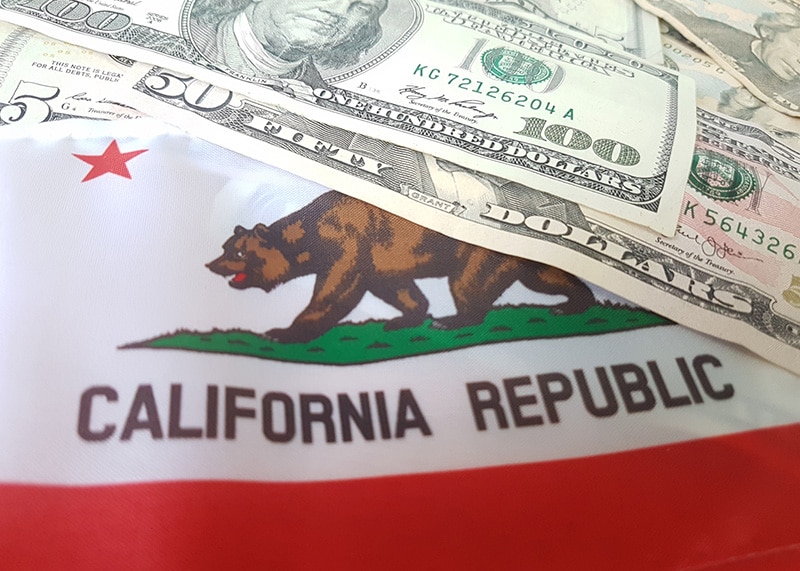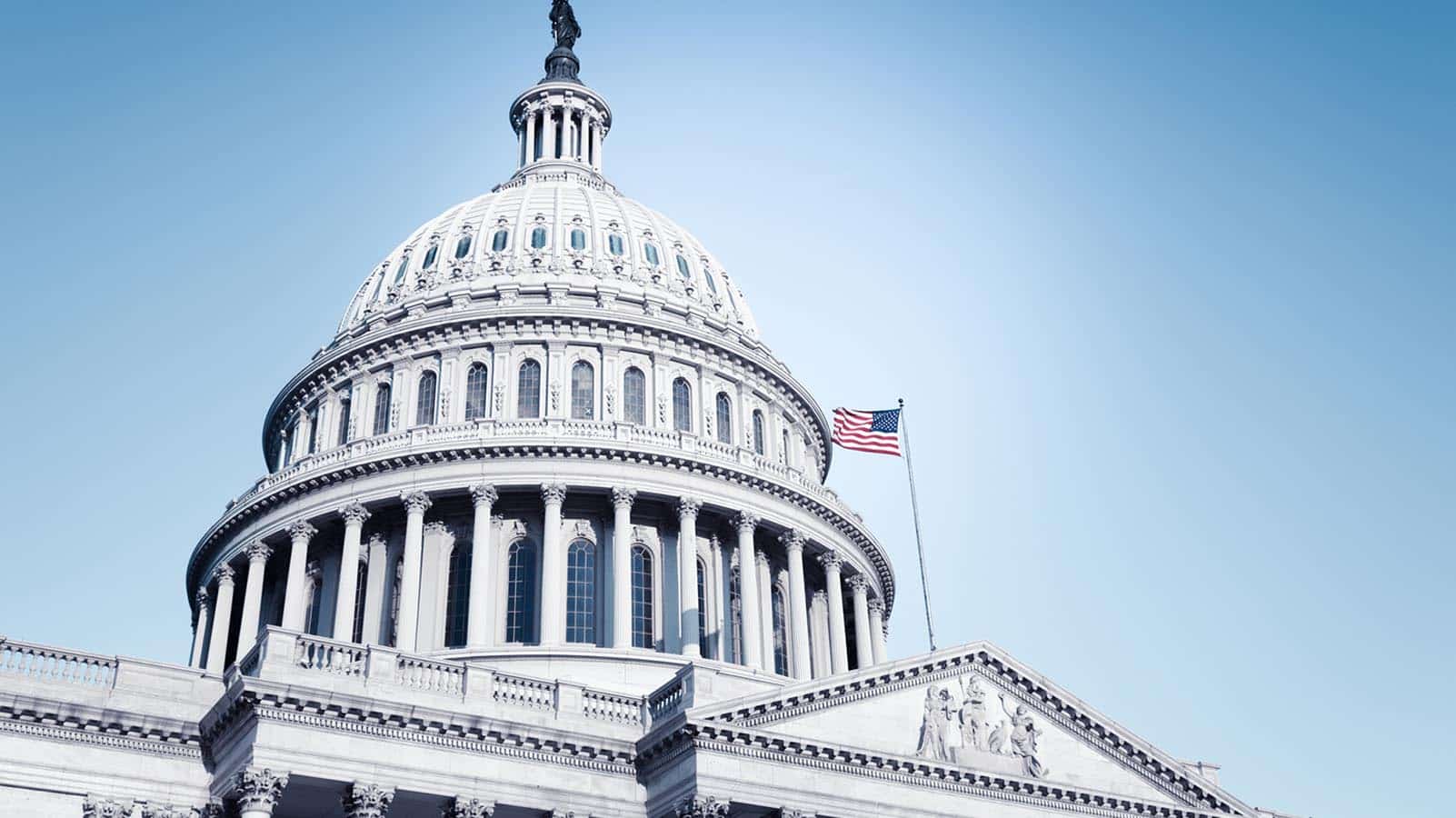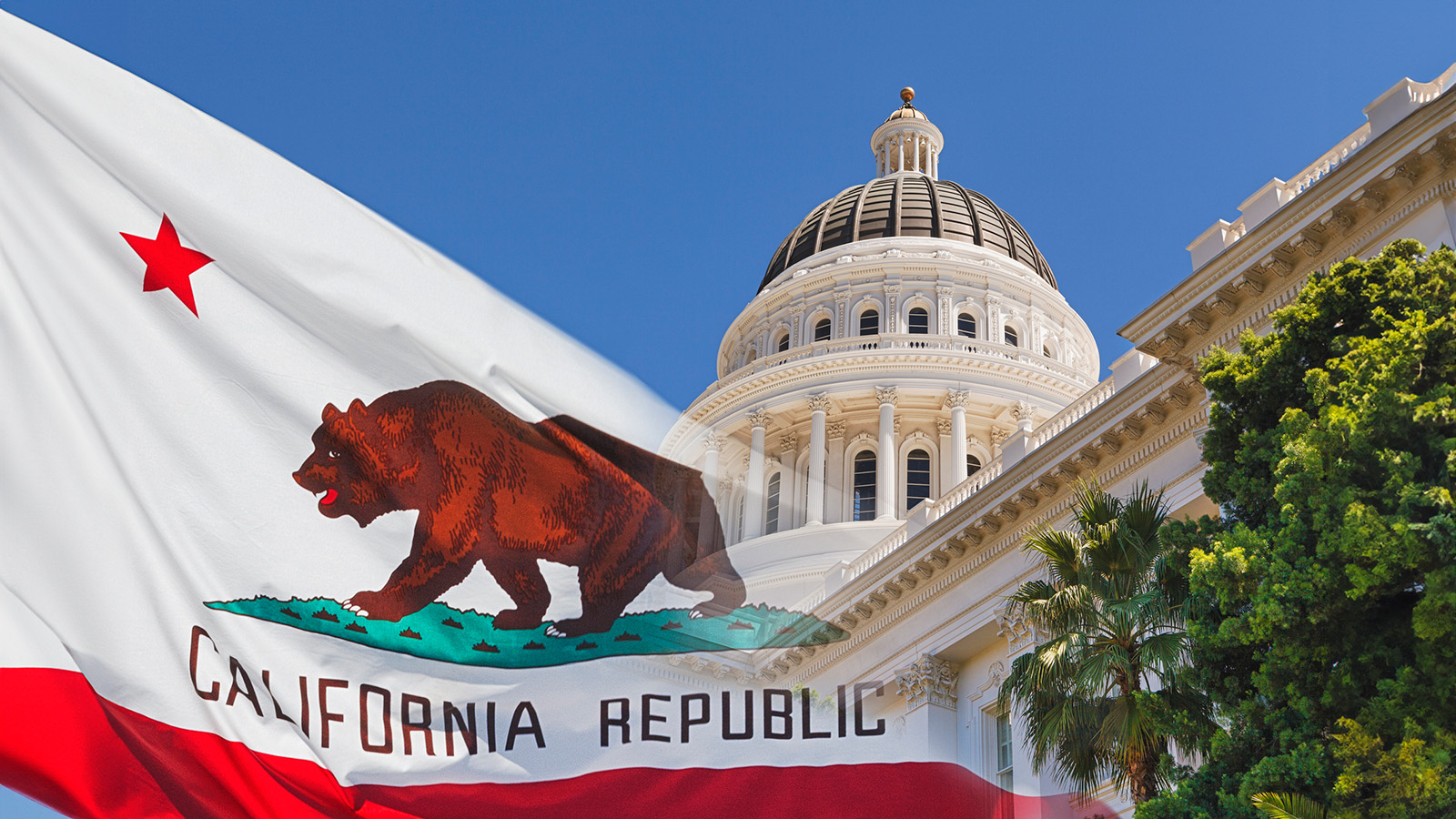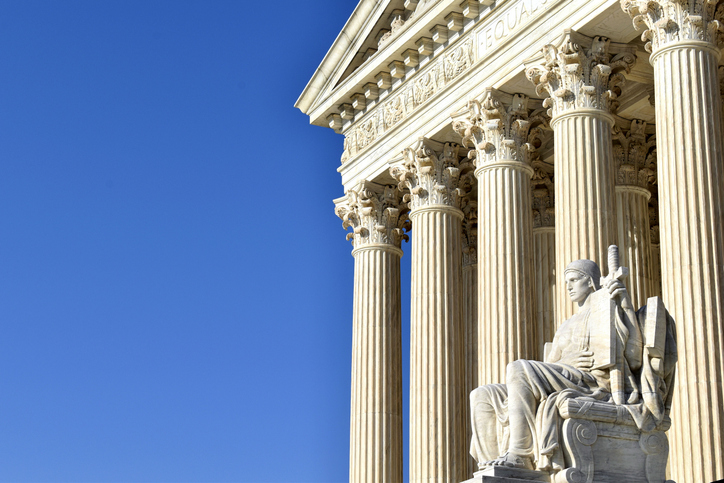Unbundling Fraud In Healthcare: An Overview
Unbundling is a type of billing fraud that involves submitting inaccurate codes for medical services to receive higher reimbursements. Whistleblower who report unbundling in healthcare can potentially receive substantial awards through the False Claims Act.
May 14, 2025

This information is provided for educational purposes only by Kohn, Kohn & Colapinto and does not constitute legal advice. No attorney-client relationship is created by accessing this content. Laws and regulations may change, and this material may not reflect the most current legal developments. If you believe you have a whistleblower claim, consult a qualified attorney to discuss your specific circumstances.
Unbundling is a type of medical billing fraud that healthcare providers engage in to receive higher reimbursement from government funded programs such as Medicaid and Medicare. Healthcare providers may include doctors, hospitals, and assisted living facilities, among others.
Insiders who have knowledge of unbundling may report their concerns on behalf of the U.S. government under the False Claims Act, and file a qui tam lawsuit and potentially receive an award between 15 and 30 percent of a succesful recovery.
Continue reading to learn more about this topic and what you can do to report your concerns to the proper authorities.
Understanding Unbundling
Introduction
Unbundling is a fraudulent practice in healthcare billing where providers submit inaccurate Current Procedural Terminology (CPT) codes to receive higher reimbursements than the services actually provided. CPT codes are used to determine the complexity and cost of medical procedures, with more complex procedures often resulting in higher payments.
How Unbundling Works
Providers engage in unbundling by intentionally “fragmenting” a single procedure into multiple, separate CPT codes. This allows them to bill for each individual component, rather than the combined procedure, resulting in inflated reimbursements. For example, a surgeon might separately bill for anesthesia and the surgical procedure itself, even though they are typically bundled together.
Consequences of Unbundling
Unbundling can have significant financial consequences for healthcare programs like Medicare and Medicaid. It also raises ethical concerns as it involves deliberate deception and can potentially compromise patient care. By diverting funds away from legitimate medical services, unbundling can hinder the ability of healthcare providers to deliver quality care to patients.
Major Cases Involving Unbundling
Vasso Godiali (2023)
Vasso Godiali, a vascular surgeon from Michigan, agreed to pay the United States up to $43,419,000 to resolve related civil allegations that his fraudulent billings to federal health care programs violated the False Claims Act. Godiali fraudulently used Modifier 59 to “unbundle” services that are meant to be billed together in a single claim and charged for services he did not perform to raise his reimbursements from federal health care programs. The qui tam whistleblower Innovative Solutions will receive up to $4,341,900 in awards for bringing forward the suit.
Skyline Urology (2019)
Skyline Urology agreed to pay $1.85 million to resolve allegations that it violated the False Claims Act by submitting improperly unbundled claims to the Medicare program for evaluation and management services to obtain higher reimbursement from the government. The whistleblower James M. Cesare, the founder of the consulting firm Bay Area Healthcare Advisors LLC, will be awarded approximately $323,750.
Coordinated Health (2018)
Coordinated Health Holding Company, LLC and its founder, principal owner, and Chief Executive Officer, Emil DiIorio, M.D., settled allegations for $12.5 million under the False Claims Act that they submitted false claims to Medicare and other federal health care programs for orthopedic surgeries. The allegedly provider submitted a claim for a global reimbursement for a surgery and misuses Modifier 59 to separately bill for parts of the same surgery.
Difference Between Upcoding and Unbundling
Like unbundling, upcoding occurs when a health care provider seeks reimbursement by submitting a fraudulent CPT code for services that were medically unnecessary or not actually provided. The major difference between these frauds is that unbundling charges for each part of a service necessarily given while upcoding charges for services that were extraneous or not actually provided. Charging for these extra services allows providers to obtain a higher reimbursement than the CPT code which corresponds to the services given. CPT codes for higher risk or more complex procedures are often designated higher reimbursement by taxpayer funded healthcare programs, which may incentivize fraudulent billing.
Reporting Unbundling as a Patient
If you are a patient and suspect unbundling, we suggest you carefully review your bills for inconsistencies, then contact your insurance provider who can investigate your concerns.
You should also contact your healthcare provider and get a detailed breakdown of charges, services rendered, equipment used, and the corresponding CPT codes.
If you are unable to get answers from either the insurance or healthcare provider, contact the State Attorney General or report your concerns to federal authorities, such as the Medicare Fraud Strike Force.
Reporting Unbundling as an Employee
If you’re an employee witnessing unbundling in healthcare and want to report it, you may be protected by other laws; some of which offer awards and protection for reporting concerns. Below is an overview of these laws:
False Claims Act (FCA) and Qui Tam
The False Claims Act (FCA) is a U.S. federal law that allows individuals to file a qui tam lawsuit on behalf of the government against those who defraud the government, such as a healthcare provider engaged in unbundling. Successful qui tam whistleblowers, also known as qui tam relators, may be eligible to recieve between 15% and 30% of the recovery by the government.
It’s important to note that the FCA also provides protection against retaliation. This means that an employer is prohibited from discharged, demoted, suspended, threatened, harassed, or in any other manner discriminated against in the terms and conditions of employment.
Given the complexity of qui tam litigation, it’s advised that whistleblowers hire a qui tam attorney to represent them. In fact, to recieve an award, whistleblowers must hire an attorney. Not only is it required to have legal represenation, it’s also good idea. A whistleblower attorney can help you navigate the intricacies of a qui tam lawsuit, protect you from retaliation, negotiate on your behalf, and ensure you get the maximum award possible for your information.
Conclusion
Unbundling is a significant issue. And the U.S. government relies on whistleblowers to help expose this fraud, among other types of Medicare frauds. The False Claims Act and qui tam provision are the most effective in incentivizing whistleblowers to report such activity, as well as other State and municipal False Claims Act and qui tam laws. As shown by the major cases above, whistleblowers play an essential role in revealing unbundling fraud and are awarded some of the most substantial whistleblower awards for their bravery.
Our Firm’s Cases

Qui Tam Award to Whistleblowers: $50 Million
Daniel Richardson, a former Senior District Business Manager for Bristol-Myers Squibb (BMS), prevailed in one of the largest qui tam whistleblower cases filed against a major pharmaceutical company for “off label” marketing and illegal kickbacks.

$7 Million Exposed
This case study examines the successful use of the California False Claims Act by our whistleblower client James Connolly, who held multinational bank HSBC accountable for defrauding the California Public Employees’ Retirement System (CalPERS), a public pension fund, out of $7 million.

$100 Million Exposed
Alex Cherpuko, a 21-year-old whistleblower at the time, exposed a $100 million criminal enterprise, securing a $69.6 million judgment and becoming the first to simultaneously use False Claims Act, Dodd-Frank Act, and IRS whistleblower laws.
Relevant FAQs
Latest News & Insights
January 22, 2025





